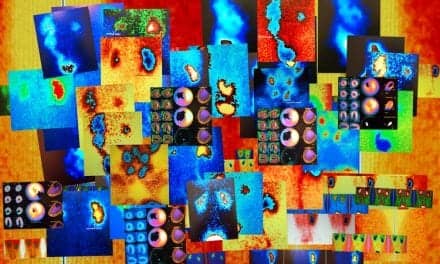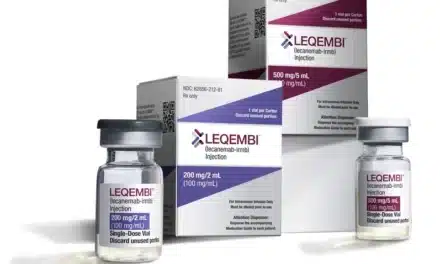A Stanford University study has found that doctors considering therapies for lung cancer patients may be able to predict the efficacy of a widely used lung cancer drug based on an imaging agent and a simple scan, writes Medical Xpress.
The researchers developed a PET scan-compatible imaging agent engineered to seek out a specific mutation found in nonsmall cell lung cancer (which accounts for about 80 percent of lung cancers), bind to it and emit a radioactive signal that flags its presence. In addition to exposing the molecular roots of tumors, the imaging agent reveals potential weak spots in the cancer where specific therapeutic drugs can be administered to counteract the pro-tumor mutation.





